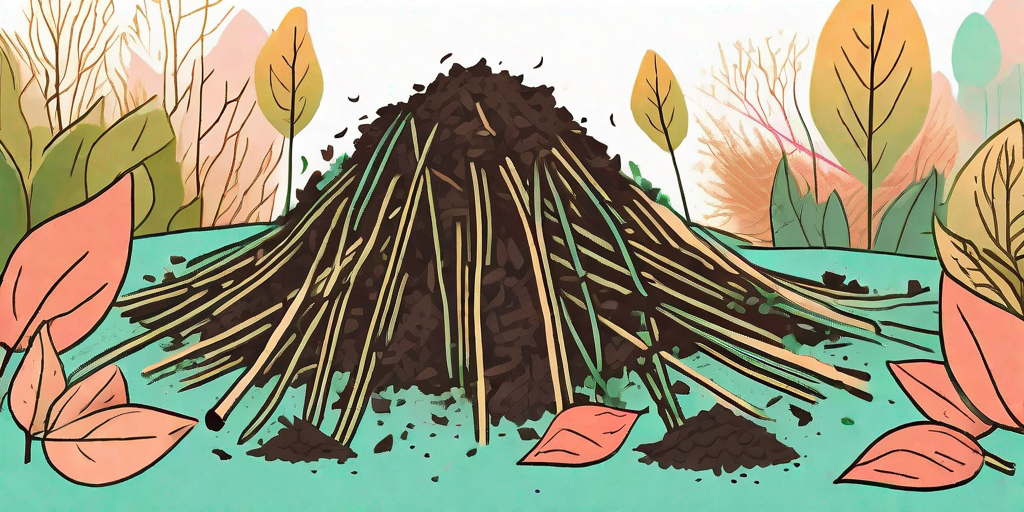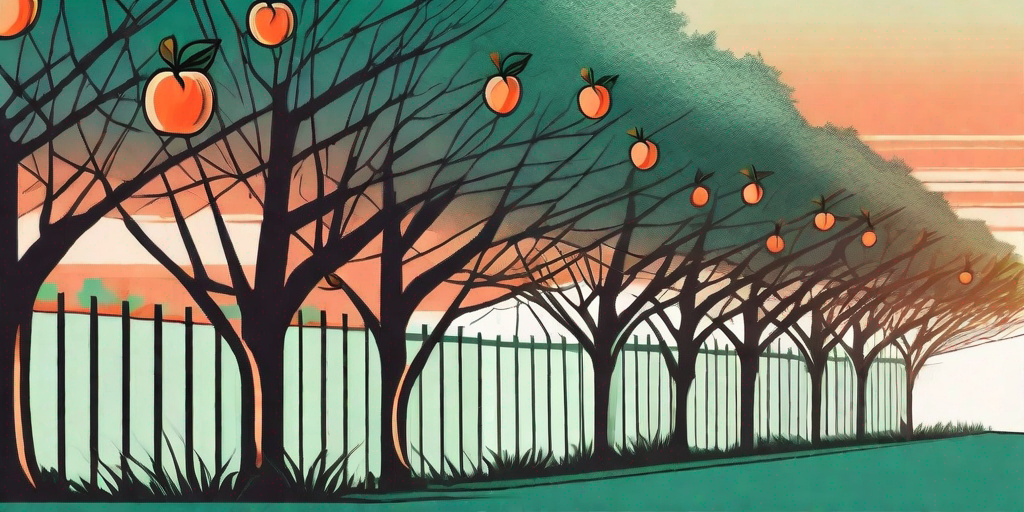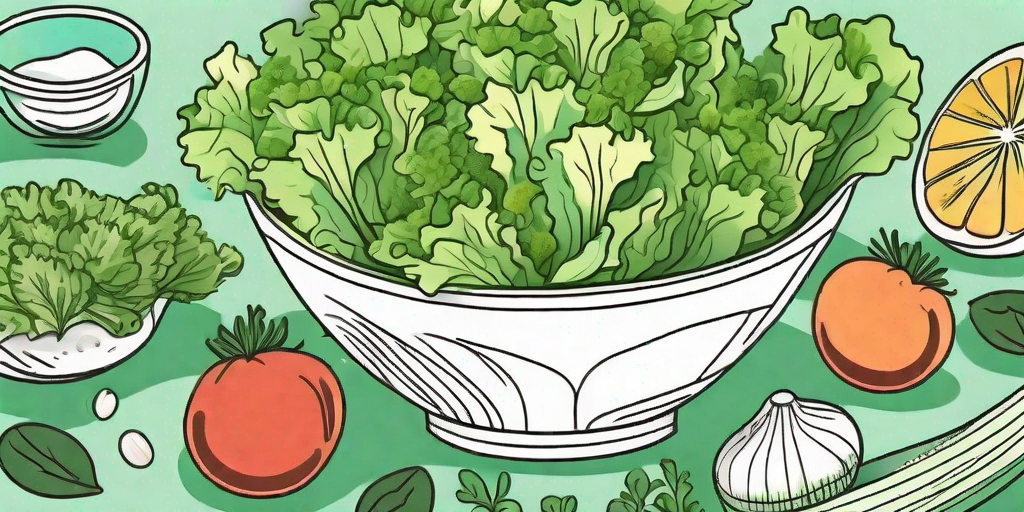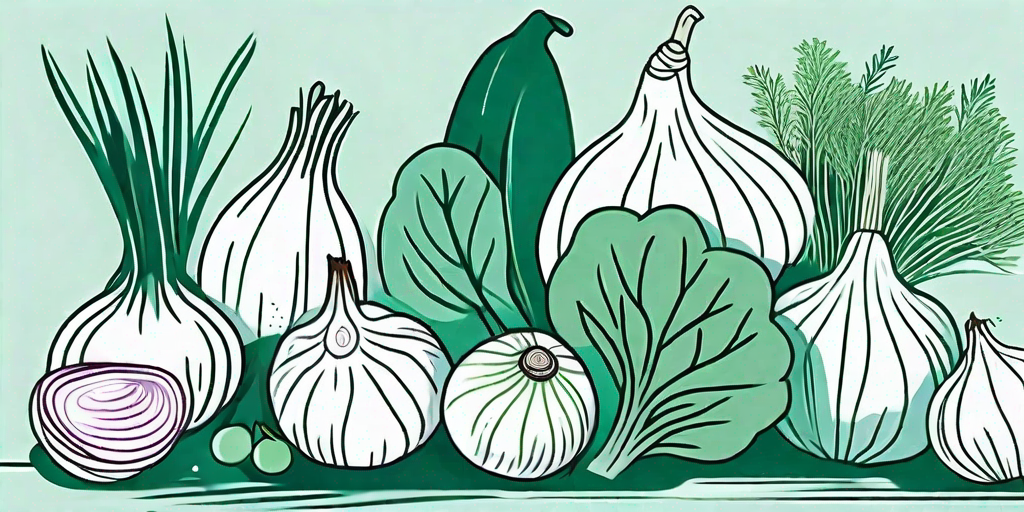
Welcome, green thumbs and compost enthusiasts! Today, we're going to delve into the world of rhubarb leaves and their surprising role in the composting process. Yes, you read that right. Those large, green leaves that you've been discarding can actually be a gold mine for your compost pile. So, grab a cup of tea, sit back, and let's turn your garden waste into black gold.
The Rhubarb Leaf: A Misunderstood Ally
When it comes to rhubarb, most people think of delicious pies and tangy sauces. However, the leaves of this plant are often overlooked and discarded due to their toxic nature. But wait! Before you start imagining a horror movie scenario with killer rhubarb leaves, let's clarify something. Yes, rhubarb leaves contain oxalic acid, which is toxic to humans if consumed in large quantities. But, in the compost pile, they're as harmless as a kitten playing with a ball of yarn.
The oxalic acid in rhubarb leaves breaks down quickly during the composting process, rendering it harmless. In fact, many plants we commonly compost, like spinach and beet greens, also contain oxalic acid. So, there's no need to treat rhubarb leaves like they're radioactive. They're just misunderstood and deserve a second chance.
Why Rhubarb Leaves are Great for Composting
Now that we've cleared the air about the toxicity of rhubarb leaves, let's talk about why they're a great addition to your compost pile. First off, they're green material. In composting lingo, that means they're rich in nitrogen, which is essential for the composting process. Think of them as the fuel that keeps the composting engine running.
Secondly, rhubarb leaves are large and have a high water content. This means they break down quickly, helping to speed up the composting process. Plus, their large size makes them perfect for layering in your compost pile, helping to maintain a good balance of green and brown materials.
How to Compost Rhubarb Leaves
Composting rhubarb leaves is as easy as pie (rhubarb pie, to be exact). The process is similar to composting any other green material. But, for the sake of clarity, let's break it down into simple steps.
- First, gather your rhubarb leaves. You can either pull them off the plant or cut them with a pair of garden shears. Just be sure to leave the stalks behind for your next pie.
- Next, layer the rhubarb leaves in your compost pile or bin. Remember, balance is key in composting. For every layer of green material (like rhubarb leaves), you should have a layer of brown material (like dried leaves or newspaper).
- Finally, turn your compost pile regularly. This helps to speed up the composting process and ensures that all materials break down evenly.
And voila! You're on your way to turning those discarded rhubarb leaves into nutrient-rich compost for your garden.
FAQs about Composting Rhubarb Leaves
Are rhubarb leaves poisonous to composting worms?
While rhubarb leaves do contain oxalic acid, it breaks down quickly during the composting process and is not harmful to composting worms. So, feel free to add those leaves to your worm bin!
Can I compost other parts of the rhubarb plant?
Absolutely! The stalks of the rhubarb plant can also be composted. However, they take longer to break down due to their tougher texture.
What other plants contain oxalic acid?
Many plants contain oxalic acid, including spinach, beet greens, and Swiss chard. All of these can be safely composted.
Conclusion
So there you have it, folks. Rhubarb leaves, once the outcasts of the garden, can now take their rightful place in your compost pile. Not only are they safe to compost, but they also provide valuable nitrogen and help to speed up the composting process.
So, the next time you're making a rhubarb pie, don't toss those leaves in the trash. Instead, give them a second life in your compost pile. Your garden will thank you!











